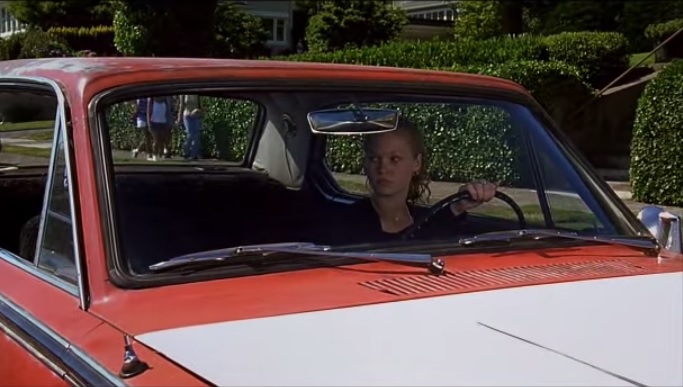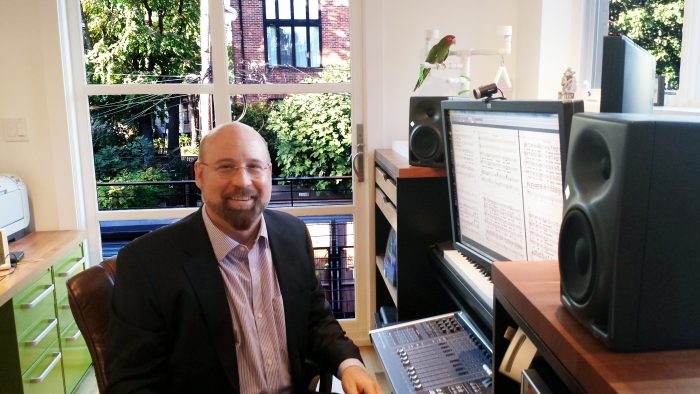Working Magic Podcast: Creating a Movie Soundtrack

Whenever I hear Joan Jett’s “Bad Reputation,” I think of the opening credits of the movie 10 Things I Hate About You. Kat Stratford rolls up beside a Jeep full of popular preppy girls in her 1964 Dodge Dart GT, blasting the classic rock song and completely drowning out the Barenaked Ladies’ poppy “One Week” playing in the Jeep. Immediately my adolescent self identifies Kat as the edgy rebel. In just those thirty seconds, I know everything I need to know about her character.
I doubt I was aware of the effects of the soundtrack the first time I watched this quintessential ’90s teen movie, but that means the people behind the scenes were doing something right! Preexisting songs like "Bad Reputation" and film music—compositions written specifically for a film—are meant to subtly influence how the audience perceives what is on the screen, according to the wishes of the director.
I learned this after interviewing some of the people who are behind the music in films as a part of a possible future Smithsonian Folklife Festival program featuring film industry occupations, tentatively titled Working Magic. Some of my favorite songs come from movies—nothing brings me back to childhood like hearing “Hedwig’s Theme” from Harry Potter and The Sorcerer’s Stone, or makes me feel so whimsical as Yann Tiersen’s “La Valse d'Amélie” from Amélie —so I decided to produce a podcast spotlighting the hard work and dedication involved in creating a movie soundtrack.

I first interviewed two film composers in the D.C. area, Brian Wilbur Grundstrom and Ryan Sayward Whittier. Brian’s most recent work includes composing for the documentary Arc of Light and horror film The Gauntlet. Ryan has composed scores for several documentary films like Ken Burns: On Story and Miracle on 22nd Street. Both composers went into great detail about their creative processes, the climate of the film industry right now, and changes occurring in their field.
I also interviewed two Los Angeles-based professionals, music supervisor Dondi Bastone and music editor Helena Lea. Dondi selects and licenses preexisting music for films; his credits include music supervision for critically acclaimed films The Descendants and Sideways. Helena edits and syncs all the music that a composer or music supervisor provides to the moving picture. She has worked on films like Pixar classic Toy Story and more recently the HBO comedy Clear History.
In these conversations, I was struck by the similarities in how they each conduct their work. All mentioned the solitary nature of their jobs, often working in personal home studios, but, as we’ll find out, the creative process is based entirely on communication and collaboration.
In this podcast, Brian, Ryan, Dondi, and Helena discuss the essential skills involved in creating a great movie soundtrack, the differences film music can make in a film, the challenges of working under the demands of the director, and the importance of personal connections in the film industry.
Arielle Petrovich is a recent graduate of Smith College and holds a B.A. in American studies with a focus in public history. She interned at the Center for Folklife and Cultural Heritage in the fall of 2013. Some of her favorite movie soundtracks include Amélie (2001), Adam (2009), and Janie Jones (2010).

